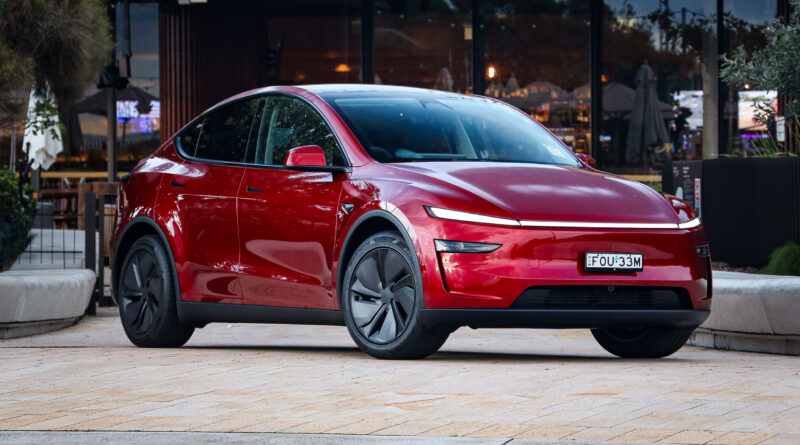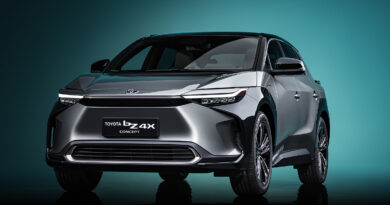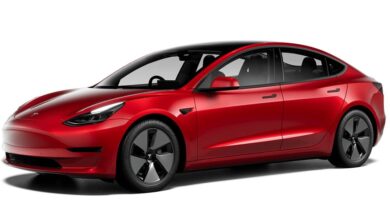Rejected! EV makers Tesla and Polestar lash reported Coalition plan to wind back Australia’s CO2 reduction scheme
Outspoken electric vehicle makers Tesla and Polestar have reacted strongly to a newspaper report forecasting a Dutton Coalition federal government would water down penalty provisions in Australia’s new CO2 reduction scheme.
The New Vehicle Efficiency Standard came into law this year under the Albanese Labor government with the goal of encouraging the uptake of zero emission vehicles.
The NVES progressively drives down legal CO2 emissions levels for new vehicles and applies fines to a brand of up to $100 per gram of CO2 per vehicle for exceeding the limit.
READ MORE: Discount bonanza: EV prices could be chopped because of changes to NVES CO2 reduction scheme
READ MORE: NVES Strikes! Ford Everest and Isuzu MU-X diesel SUVs are culled to avoid CO2 emissions fines
READ MORE: “A Bundle Of Cash!” Australia’s new CO2 reduction scheme can be lucrative for EV brands, predicts local XPeng importer
Penalties are payable on July 1 2025 to December 31 2027 emissions in 2028.
Australians go to the polls on May 3 to decide a new federal government.
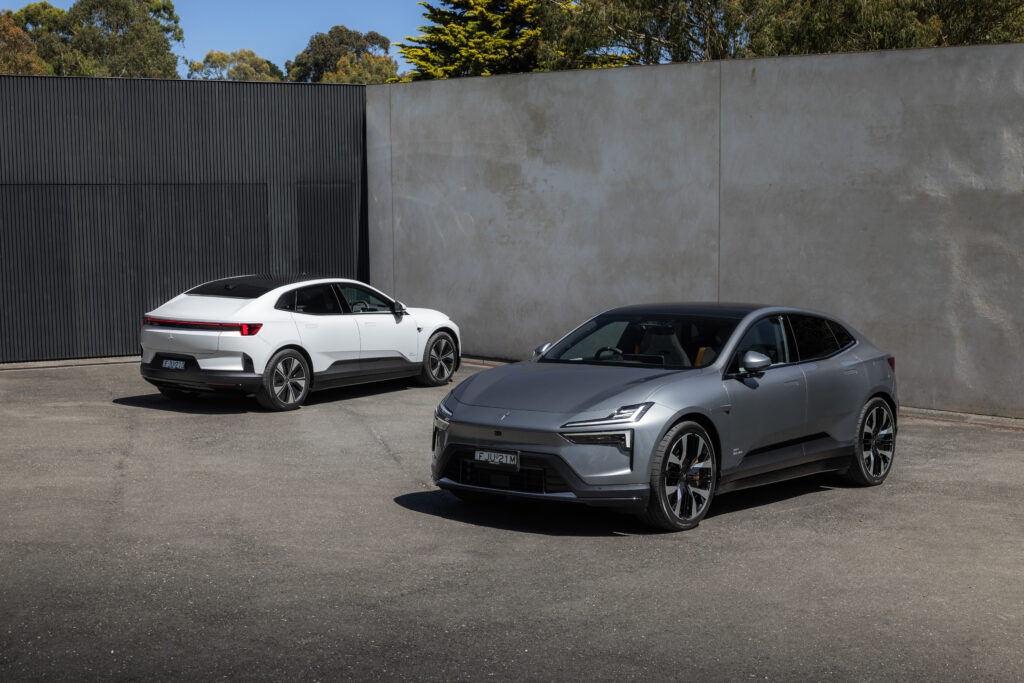
According to The Australian newspaper, which is a right wing publication of the Murdoch empire seen to be very much aligned with the Coalition agenda, the NVES penalty provisions will be axed.
The Australian says the move has the support of the automotive industry and the policy will be announced during the election campaign. It cited Liberal party sources for the information.
But Tesla Australia and New Zealand country director Thom Drew was scathing in his rejection of the reported policy direction.
“I think removing those penalties removes any stimulus for legacy auto makers to improve CO2 emissions,” he said.
“So for me it’s actually the opposition saying they couldn’t care less about the environment.
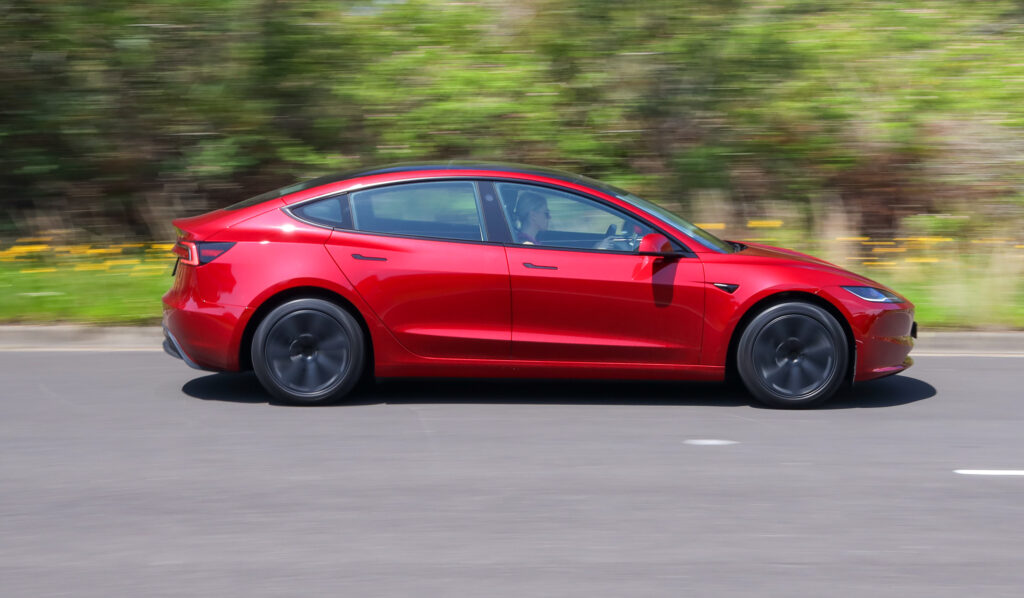
“So we would be heavily opposed to any changes to NVES.”
Polestar Australia chief Scott Maynard was similarly definitive in his opposition.
“The automotive industry has already tried voluntary standards, which didn’t work,” he said.
“Without a financial implication the industry will continue to take the path of least resistance to generate the greatest profits at the expense of Australians’ health and wellbeing.”
While Polestar is a sales minnow compared to Tesla, these were the two brands that in 2024 acted strongly in withdrawing from the umbrella body for auto brands in Australia, the Federal Chamber of Automotive Industries (FCAI), in protest at its lobbying against the NVES.
The FCAI continues to lobby for changes to the NVES.
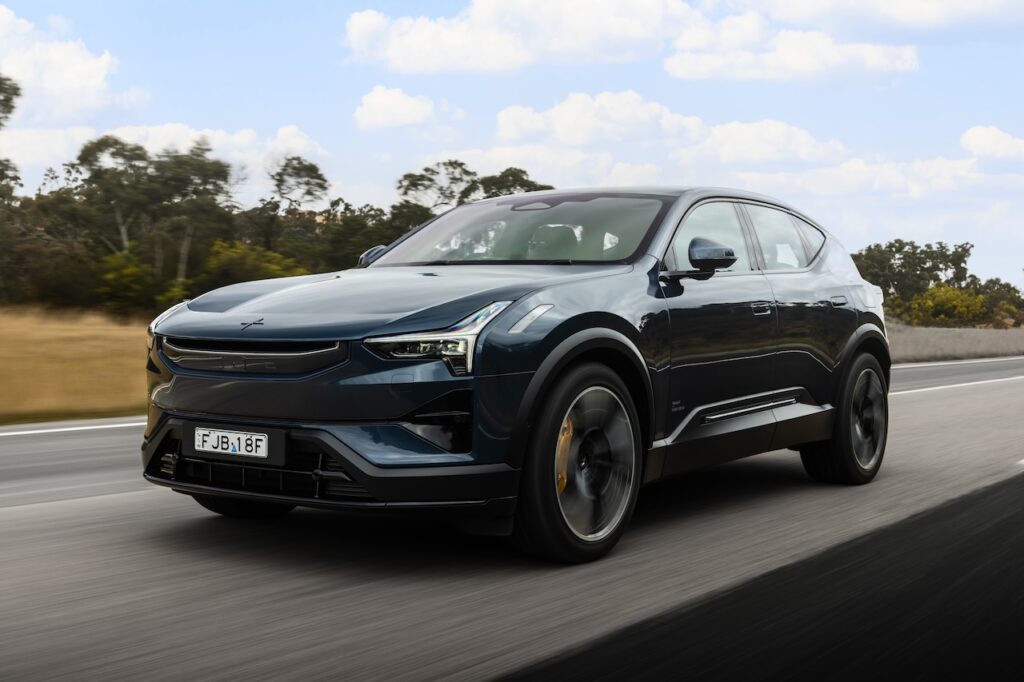
In issuing last month’s sales figures it noted:
“The Australian automotive industry has long advocated for an ambitious and achievable emissions standard. Once again, questions must be asked about the Government’s modelling and in particular their assumptions about consumer acceptance of new low-emissions technologies.”
But Maynard argued against changes to the NVES.
“There’s already a long buffer with no financial penalties built into NVES, giving brands time to reassess their model mix for the Australian market,” argued Maynard.
“We’re already seeing this play out in market, which shows the current NVES strategy is working.
“What car companies really need from government is continuity to help make long-term strategic decisions about a company’s model mix.
“When car makers have a strong legislative framework in place, accessing low emission and zero emission vehicles from head office is far easier than without.”

